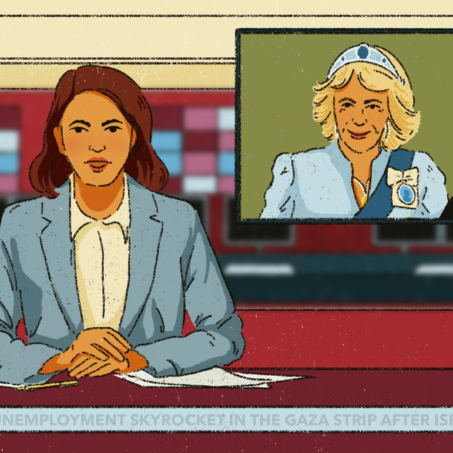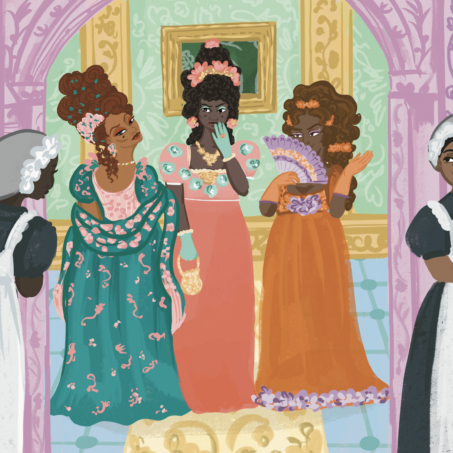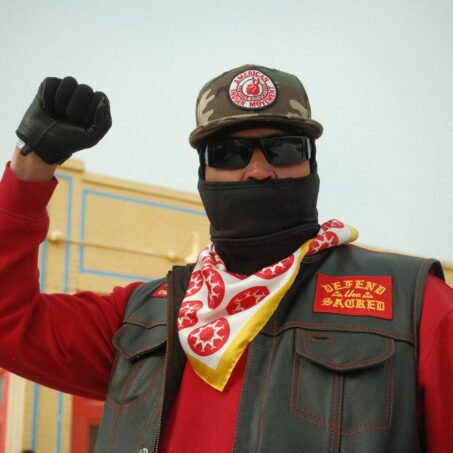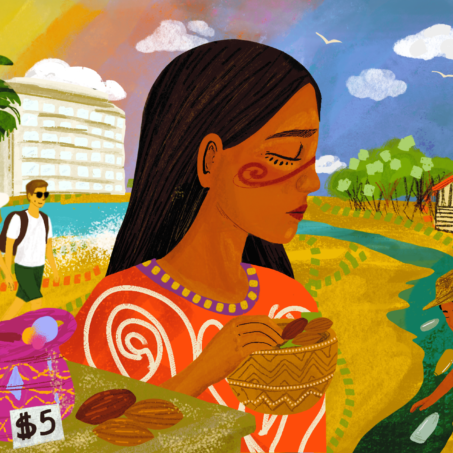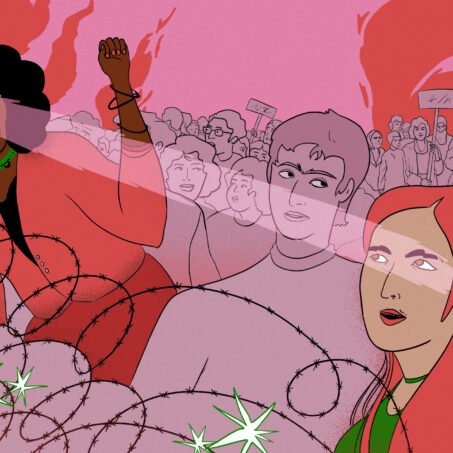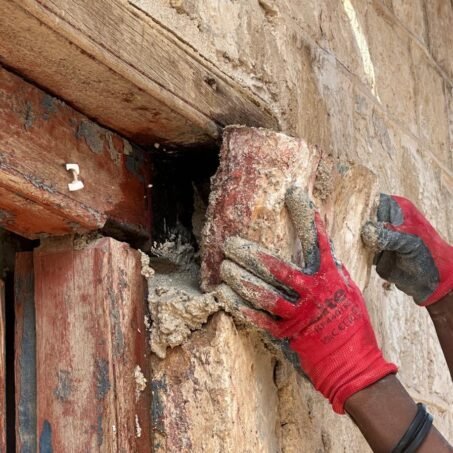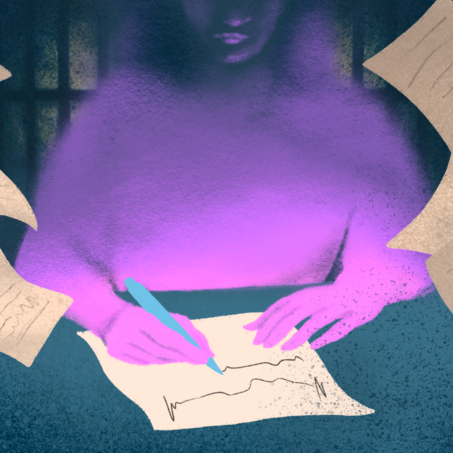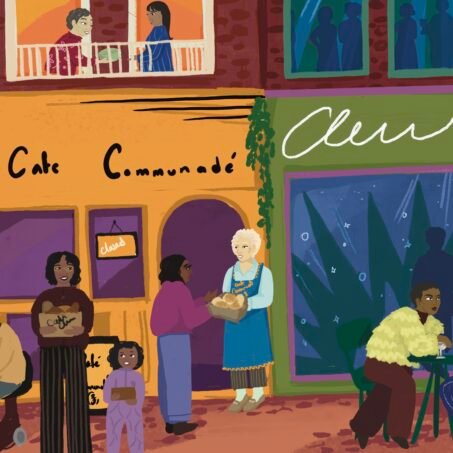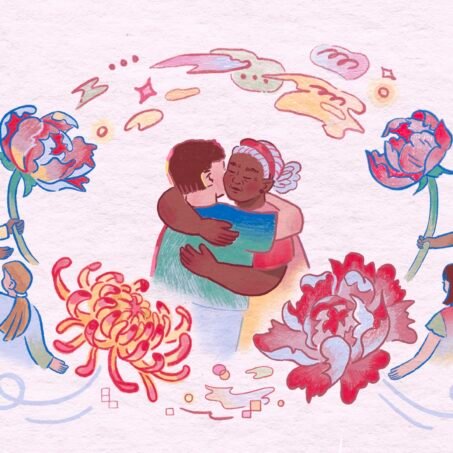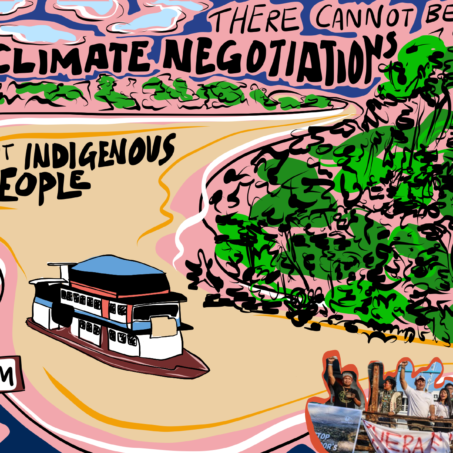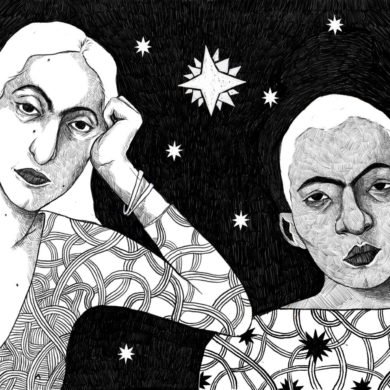Leyla Hussein OBE really needs little introduction. Psychotherapist, social activist against Female Genital Mutilation (FGM), co-founder of the Daughters of Eve charity and founder of the Dahlia project… her credits are almost endless. That being said, once you step into her warm flat, rich with the aromas of Somalian tea and smokey incense, you couldn’t feel less intimidated. She is incredibly generous and warm – possibly one of the busiest women you’ll ever meet – but she has a fire burning inside her.
Leyla is a proud troublemaker. That’s what she wrote in her guest-editor’s foreword in shado’s second issue. Quoting the wonderful May West, “When I am good, I am very very good, but when I am bad I am better” – she explains that you have to do more than ruffle a few feathers to make meaningful change happen, especially when dealing with human rights abuses such as FGM. Testament to this was her idea for her Channel 4 film ‘The Cruel Cut’, where she planned to chase Teresa May in a 6ft-tall vagina costume – a move that was sadly, and swiftly, shut down by the producers. But what Leyla does is no joke. A survivor of FGM herself, she is a global campaigner for the rights of women worldwide and will not give up the fight. Heading into the unknown of 2020, we need more troublemakers like Leyla, and we’re so proud to end our series with her.
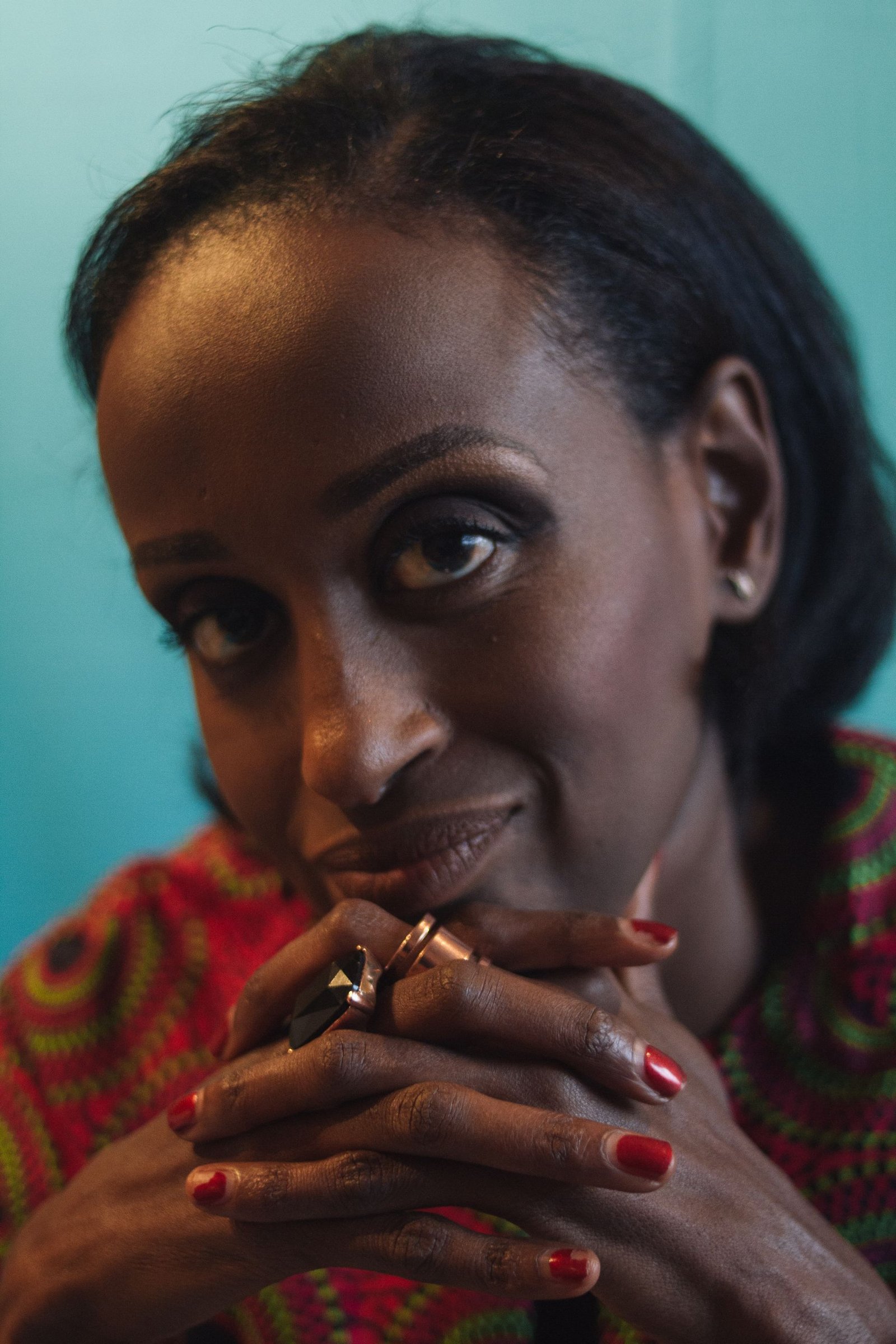
What does change look like in your industry?
Recently, I was having a conversation with my daughter, and I said to her, “It was important that I empowered you.” She replied; “You did? I didn’t know you gave me power – I thought I had it anyway.” That changed everything for me.
We need to rethink the word empowerment; this is a conversation I now have with every person and organisation I meet with.
We’re telling girls that we’re going to be giving them some sort of power – but actually, the change that needs to happen is to step away from this idea that we give power to people, because in order to give, that means we also have the ability to take things away from people. So, there’s been that change in the way my mind functions, I guess – and it’s influencing every bit of work that I’m doing at the moment. I’m no longer thinking; ‘I’m going to go an empower these girls’. My new way of thinking is this: why don’t we create an environment where girls already know they’re empowered and they don’t need anyone’s permission to get power?
So, maybe the change we need to see is in the language we use. Sometimes, our language is not very useful. It can actually be quite harming to the work that we do – “Let’s empower these women” – that’s actually a very condescending thing to say.
Language is something that needs to change before we can do anything. I’ll give you some other examples. “Child marriage”: you cannot be married to a child, it is not possible – its legalised paedophilia. “Domestic violence” – well, there’s nothing domesticated about violence. I don’t even use the word FGM anymore – I use “serious sexual assault against children”, because that is what it is. Using the right language has an impact on how we actually deal with issues. We have to be very careful on how and what we use in those spaces, in order to do the right work.
In my field, a lot of issues haven’t been tackled properly because we weren’t using the right language. “Oh, we need to be careful because FGM is a cultural practice” – mutilating children is a cultural practice? But would you have been saying that if it was white girls being mutilated? So, I’m that troublemaker who comes into the room and calls that bullshit out. I get anthropologists telling me to be careful; just the other day, someone said to me, “Leyla, you can’t assume everyone is traumatised.” It’s usually a white woman who did research in a village in Kenya and tries to tell me that the community is not traumatised… but what if it was happening in their community? Somehow, they seem to think there are different rules for different people. It’s like the Me Too movement. It needed to happen, thank god it did, but when Black women were reporting R. Kelly back in the 90s, no one listened. It all goes back to the over-sexualisation of Black bodies.
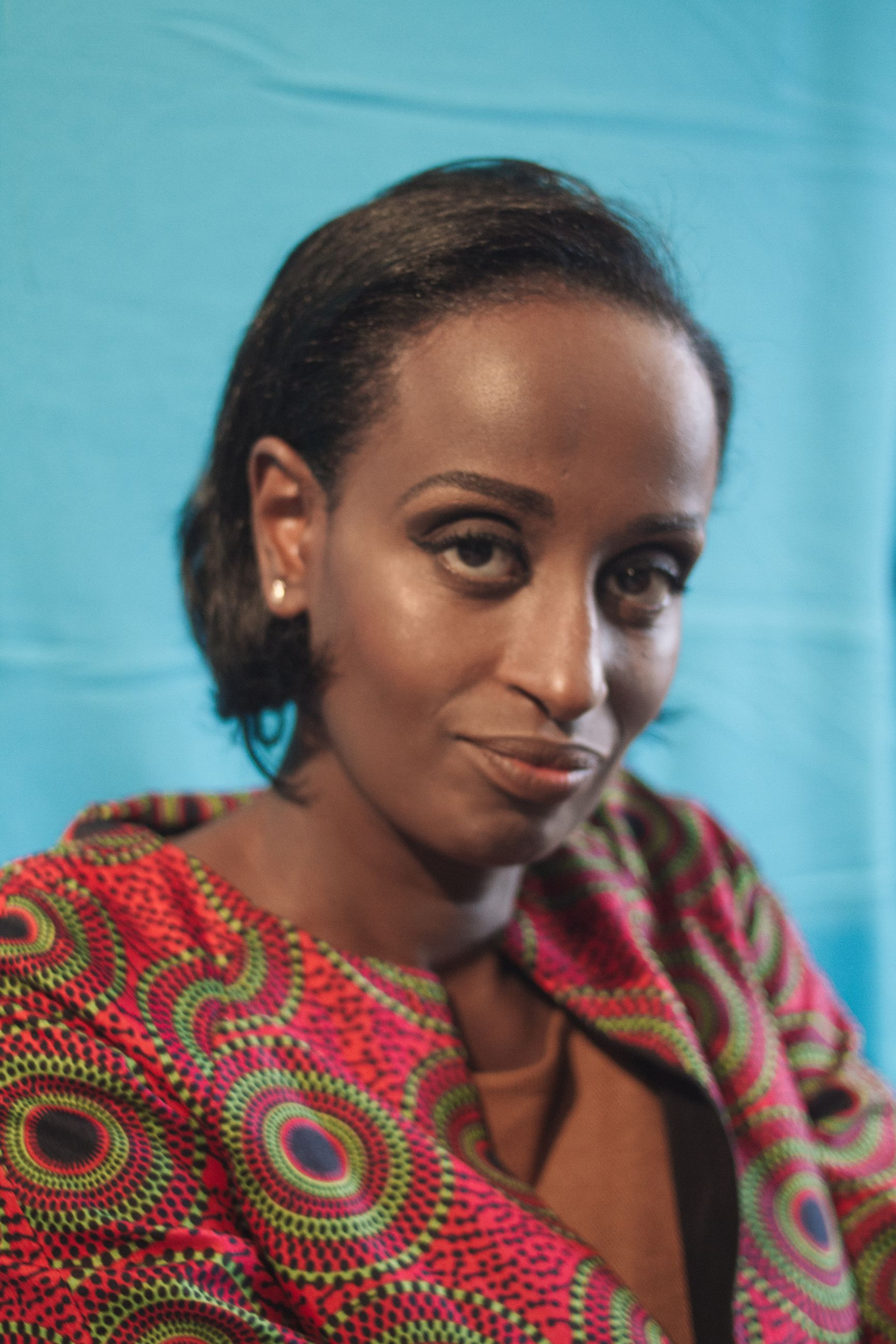
What changes are you contributing to in your work?
I don’t do Political Correctness. I use my skills as a therapist in the women’s movement to create safe spaces where we have seriously uncomfortable conversations. That’s the only way you’ll get anywhere – you’re going to be angry at each other, but at least you know you’ll get an outcome. In my experience, having these conversations have really got us somewhere. I’ve had people attack me in newspapers, but then when I created an environment where we could have a conversation we’ve now become really good friends – and, actually, we were saying the same thing the whole time. We were just saying it differently.
What are some of your biggest successes in 2019?
The biggest achievement I made in 2019 was taking care of myself. I think sometimes, as female activists – I mean, it’s coming up to 18 years for me being in this work – we forget to take care of ourselves. I’ve started doing workshops with young activists and talking about their wellbeing, because you cannot be soldiers out there fighting without the right equipment. Towards the end of last year, I had an exhaustion breakdown; you have your trolls on social media, and then you have poisonous people in real life. Everywhere you go, you’re waiting for an attack to happen, and that takes its toll. I’ve learned that I say no to a lot of things now.
Of course, another success is that the Dahlia Project is now in two hospitals – and we are recognised as one of the best practices in Europe as a clinic. But my priority at the moment is to model that an activist also needs to rest and sleep; to have personal and professional boundaries. I think as activists and changemakers we never talk about that part of ourselves, but a big thing for me this year is reminding myself that I am a human and I need to take care of myself. I want to celebrate that over Christmas.
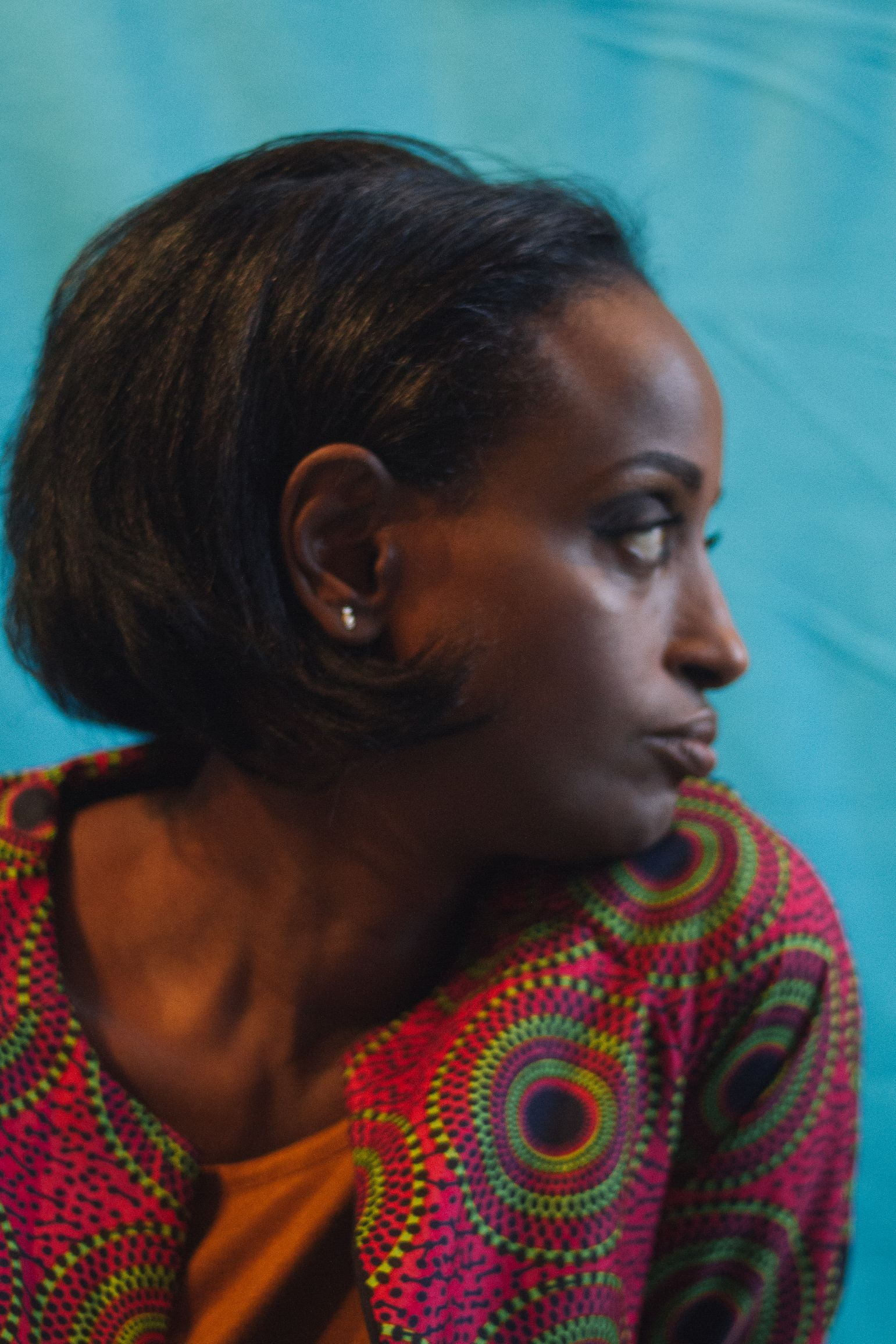
What is the importance of grassroots activism in implementing change at a higher and broader level?
Well, I did try to use a vagina costume to chase politicians, so you tell me…
Every year I get an email reminder from the Home Affairs Committee, because in 2013 I did an e-petition which got 100,000 signatures – and the UK government had to have an enquiry. So, that email is a reminder of the power of people at a grassroots level. But the person at a grassroots level cannot function if they don’t have the outrage from the rest of society. That’s what I needed to have some sort of influence at policy level, though the media also plays a huge part, of course. It really does have to work together. As a troublemaker, I needed the media to amplify my voice, which meant the public became as outraged as I was – then, the government had to respond. It has to work that way; it’s never about one person. So, in terms of grassroots activism in today’s world, sure, you need social media – but in order to have politicians and policy-makers hear you, you need outrage.
Finally, what is next for you? What are some of your goals for 2020?
My work is really about well-being. That’s seems to be missing in every space I go to – people genuinely want to do good work, but we are traumatised human beings most of the time. As a result, we become resentful and angry in that space – and that is no good to anyone. So, I want to come in and help facilitate that space to make it better. I was never supposed to be on stage. That happened by accident, but well-being is very important to me.
I would also like to do more of my work in Africa. I’ve been going to Africa since 2013, but I wish I could spend more time there.

Join our mailing list
Sign up for shado's picks of the week! Dropping in your inbox every Friday, we share news from inside shado + out, plus job listings, event recommendations and actions ✊
Sign up for shado's picks of the week! Dropping in your inbox every Friday, we share news from inside shado + out, plus job listings, event recommendations and actions ✊
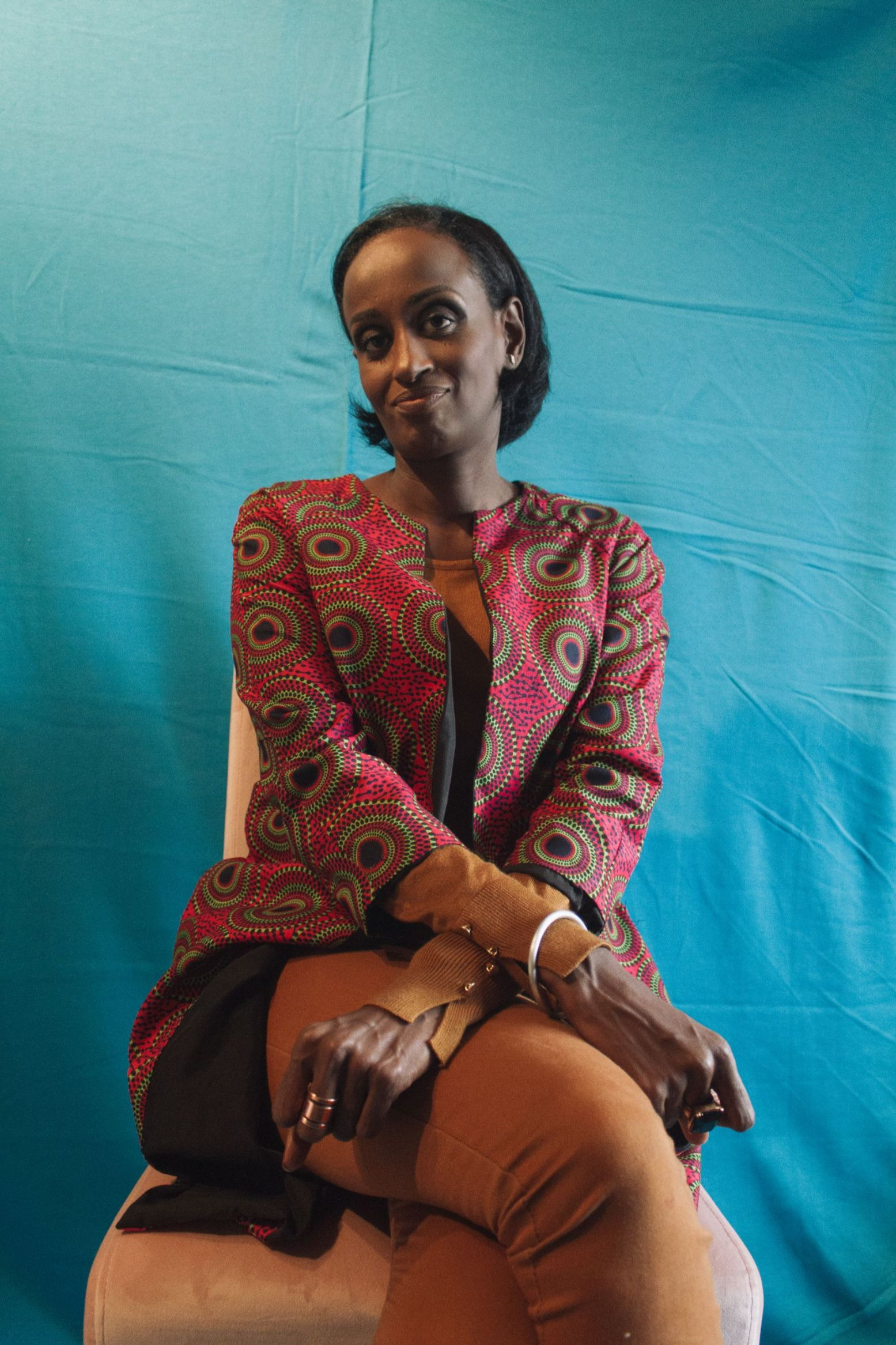
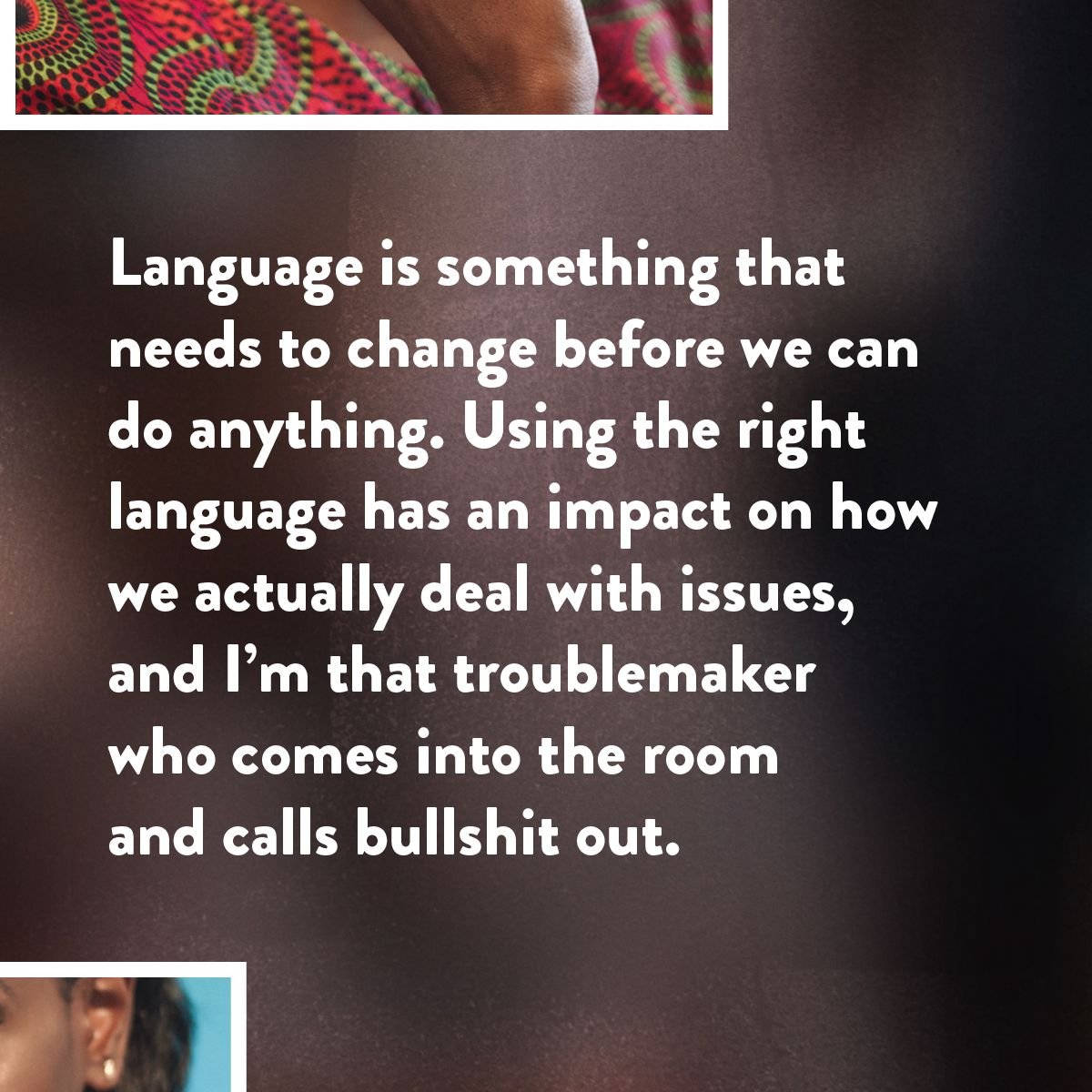
Interview carried out by Hannah Robathan and Isabella Pearce


